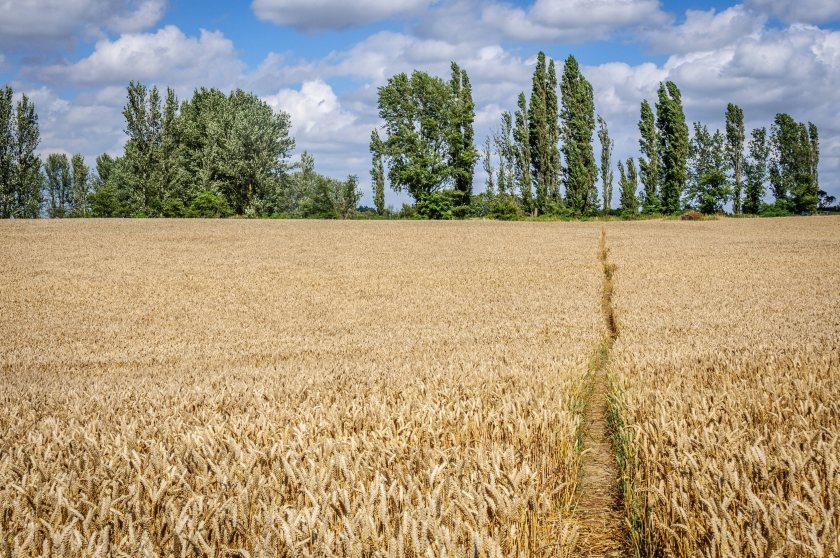
The government has announced plans to further support precision breeding technology to allow drought and disease resistant crops to be grown in the UK.
Such technology will also help increase food production and reduce farmers' costs, the government said today (30 September).
Technologies, like gene editing, could mean crops are developed that are resistant to pests and disease and resilient to the impacts of climate change.
The Precision Breeding Act, which was approved last year, allows for the release and marketing of certain gene-edited plants.
The post-Brexit law change currently makes England the only country in Europe where this novel material can be grown in farmers’ fields.
But the new Labour government said it would pass secondary legislation to unlock the benefits of the Precision Breeding Act further, as soon as parliamentary time allowed.
Precision bred products have already started to undergo research trials, including tomatoes with high levels of vitamin D and sugar beet that is less reliant on pesticides.
Currently, only a few large multinationals can afford to navigate the complex authorisation process required to bring a new product to market.
But Farming Minister Daniel Zeichner, who announced the plans today, said new legislation would simplify this process, making things fairer for SMEs and boosting investment.
He said: "Today we are introducing legislation to unlock precision breeding to boost Britain’s food security, support nature’s recovery and protect farmers from climate shocks.
“With these measures, our agriculture sector will be at the forefront of innovation across the world.”
It comes as a project trialling precision-bred cereal crops on commercial farms in England - the first time in Europe - is currently underway.
The seed harvested from plots at the John Innes Centre near Norwich will be multiplied in 2025 to enable farmers to grow trials of the crop the following year.
Tom Allen-Stevens, Oxfordshire farmer who is taking part in the project, said new technologies were 'incredibly important' for farming and food production.
He said: “We need to produce more nutritious food with fewer resources and with less impact on the environment. Scientists have been developing new crop varieties that could help us rise to that challenge.
"This project will bring those varieties from the laboratory to farmers’ fields where we can fully assess their potential, explore barriers to their adoption and pave the way for future innovation.”
